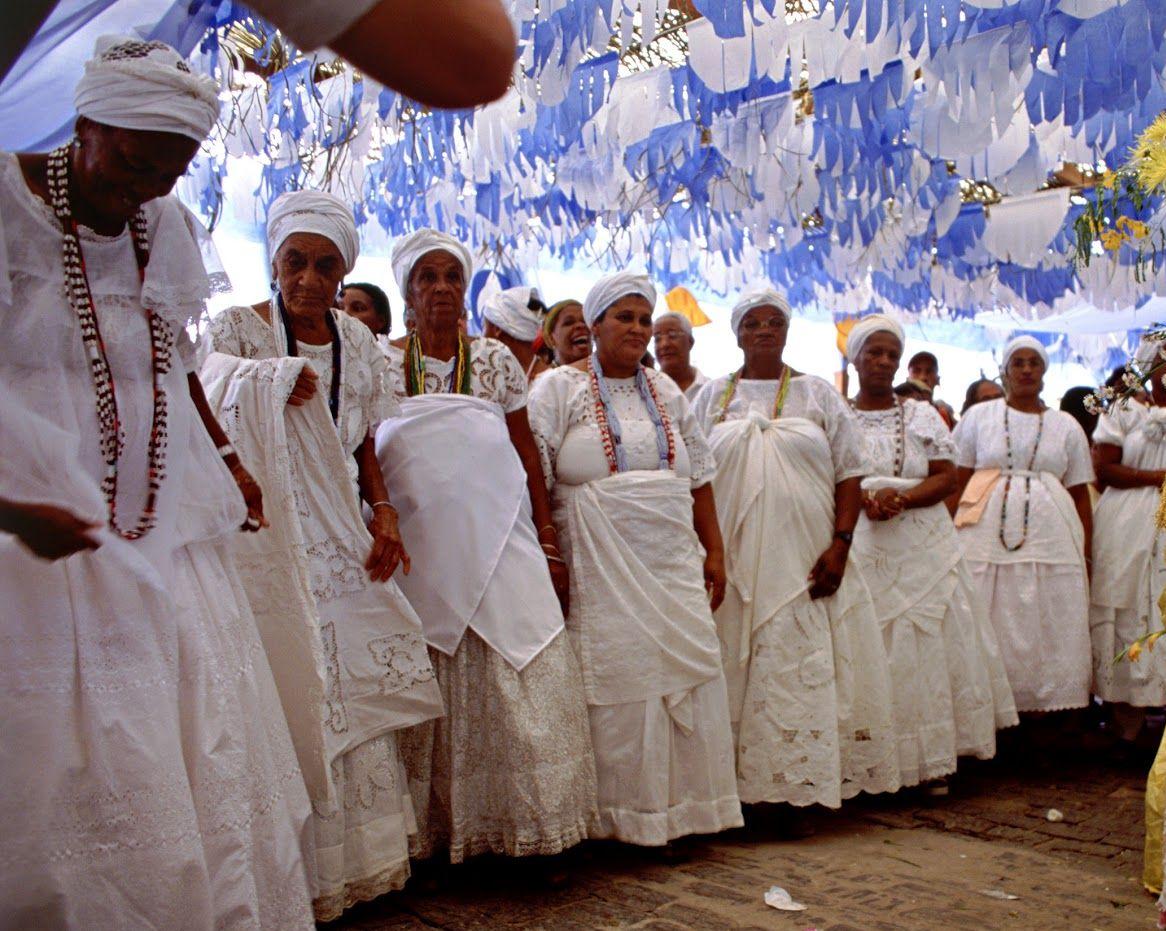DEFINITION OF KEY TERMS
TRADITION: An inherited, established or customary pattern of thought, action or behaviour (such as religious, practice, or social custom).
RELIGION: A Belief in the existence and worship of a supernatural being.
TRADITIONAL RELIGION: The practice of worshiping a supreme being in accordance with the custom or tradition of a certain ethnic group.
WORDS ASSOCIATED WITH TRADITIONAL RELIGION
The following are words associated with Traditional religion as well as their meaning.
- Chief Priest: A high-ranking religious leader or official responsible for overseeing religious ceremonies, rituals, and maintaining the spiritual order within a community. The chief priest often acts as an intermediary between the people and the gods or spirits.
- Ritual: A prescribed series of actions, often with symbolic meaning, performed in a specific order during religious ceremonies. Rituals can involve prayer, offerings, dances, or other practices to honor deities, spirits, or ancestors.
- Sacrifice: A religious act where something of value, such as an animal, food, or sometimes humans, is offered to deities or spirits in order to gain favor, seek protection, or show gratitude. Sacrifices can be made during rituals and are often viewed as acts of devotion.
- Herbalist: A person knowledgeable in the use of plants and herbs for healing purposes. In traditional religions, herbalists are often seen as spiritual healers who use plants not only for medicinal purposes but also to connect with the spiritual world.
- Deities: Gods or divine beings worshiped in a particular religious system. These entities are typically believed to have control over various aspects of nature, life, or death, and people may offer sacrifices or prayers to appease or gain favor from them.
- Oracle: A medium or person, often considered a prophet or seer, who provides guidance or answers to questions by communicating with deities or spirits. Oracles are often consulted for decisions or to predict the future.
- Sacred: Something regarded as holy, divine, or worthy of reverence. Sacred items, places, or actions are considered to be imbued with spiritual significance and are treated with respect, often because they are believed to be inhabited by spirits or gods.
- Indigenous: Relating to the original, native people or culture of a particular region. Indigenous religions are those belief systems and practices that have been passed down through generations within a specific ethnic or cultural group.
- Shrine: A sacred or holy place dedicated to the worship of a deity, spirit, or ancestor. Shrines may house idols, sacred objects, or the remains of important religious figures and are used for offerings, prayers, and other spiritual practices.
- Amulet: A small object, often worn as jewelry, believed to have protective or magical powers. Amulets are thought to ward off evil, bring good fortune, or provide spiritual strength, often due to the association with deities or spirits.
- Incantation: A series of words or sounds, often spoken or chanted, that are believed to have magical or divine power. Incantations are used to invoke deities, spirits, or forces to bring about a desired outcome, such as healing or protection.
- Charm: A small object or spell that is believed to possess magical properties to bring good luck, protection, or healing. Charms can be worn or carried for spiritual benefits and are often connected with specific rituals or beliefs.
- Chant: A rhythmic, repetitive vocalization, often used in religious rituals. Chanting can serve to invoke divine powers, focus the mind, or strengthen the connection between the practitioner and the spiritual world.
- Invoke: To call upon or summon a deity, spirit, or divine power during a ritual or prayer. Invocation is often done through prayers, chants, or other sacred practices to request assistance, blessings, or guidance.
- Appease: To calm, satisfy, or make amends with deities, spirits, or ancestors, often through offerings, prayers, or sacrifices. The goal is to prevent anger or misfortune and to restore harmony with the spiritual world.
- Diviner: A person who practices divination, the art of seeking knowledge of the future or the unknown, typically through spiritual means such as reading signs, using objects like bones or shells, or communicating with spirits or deities.
- Goddess: A female deity or divine figure worshipped in various religious traditions. Goddesses often represent fertility, love, wisdom, or other vital aspects of life and nature.
- Spirit: A non-material being or force, often associated with ancestors, nature, or supernatural entities. Spirits are believed to influence the physical world and can be honored, appeased, or invoked in various religious practices for protection, guidance, or blessings.
SEE ALSO:
- Words associated with home and family life
- Words associated with Agriculture
- Words associated with fishing
- Words associated with Christian religion
- Words associated with Traditional religion
- Words associated with Islamic religion
- Words associated with HIV/AIDS
- Words associated with Advertising
- Words associated with Stock Exchange
- Words associated with Animal Husbandry
- Words associated with Human internal body system
- Words associated with Health and Health care











